Want to hear more from the actors and creators of your favorite shows and films? Subscribe to The Cinema Spot on YouTube for all of our upcoming interviews!
Managing editor & film and television critic with a Bachelor's of Arts in English Literature with a Writing Minor from the University of Guam. Currently in graduate school completing a Master's in English Literature.
Hooded Justice was the original costumed adventurer.
– Nicole Kassell
If you have not seen the HBO television series, Watchmen, I do not know what to say other than to go and see it immediately. In this article, I shall discuss the Immortal Vigilante: Hooded Justice documentary, which initially appeared as a Blu-Ray feature of the creator, executive producer, and writer Damon Lindelof’s multiple Emmy Award-nominated show.
The uniform a man wears changes him. Make sure yours changes you for the better.
Executive Story Editor Cord Jefferson says Hooded Justice can be seen as a hangman or executioner, however, he sees the character and his costume as the symbol of the lynched Black man in North America. Supervising Producer Christal Henry adds that the noose around this character’s neck — as part of the costume — is meant to show that he is, literally, “wearing his trauma” as a result of the attempted lynching at the hands of white supremacist police officers of his town. Jefferson says that the noose is intended to sever the “means of destruction” and to be worn as casually as a necktie; and later, as per Lindelof, Reeves’s becoming a superhero vigilante was forced upon himself.
The creator says he and the crew of the series took 12 weeks as they returned to the original 1986-87 run of the comic book and plan out the events that took place within the 30 years after the storyline had ended. Story Editor Jeff Jensen says that, as a Black police officer in a corrupt New York City, Will Reeves (Jovan Adepo and Louis Gossett Jr.) — the civilian identity of Hooded Justice — is utilized to help establish the “equalizing force.” Director and Executive Producer Stephen Williams says the crew’s purpose for the show’s characters — in this specific case, Hooded Justice — was to showcase his story as subjective as possible as if the viewer is experiencing it.
Backstory
Executive Producer and Director Nicole Kassell compares Reeves’s Tulsa, Oklahoma to Superman’s native home planet Krypton, in that both locations are where young Reeves and young Kal-El are forcibly removed from their respective homes as the results of a massacre. Lindelof adds that young Reeves’s tragedy is akin to Bruce Wayne/ Batman’s in that his parents were killed when he was at a young age and that the two characters become the heroic figures they are during adulthood. However, Lindelof says Reeves was not really permitted to function and perform duties as a police officer.
I’m Not Rolf Müller, I am a Hero of Color
The series creator says Reeves is wearing two masks when concealing his identity: one is the hood to cover his face and identity, while the other hides his race, the public’s assumption that a white man is under the hood; otherwise, he would be perceived as an antagonist. When the character discontinues performing his duties as a hero, a German strongman is soon found deceased and the public assumes him to be the civilian identity of Hooded Justice.
The actor who plays the late-1930s’ version of the character, Jovan Adepo himself, says:
I think that so many actors — all we want to pursue is just looking for really strong narratives and just having characters that are complex and multi-dimensional and just having something to say, and I think it’s always exciting to play someone who’s just searching for their purpose in life, who are they are as an individual, and feeling comfortable in his skin.
Jensen talks about the character’s heroic (publically) and homosexual (closeted, private) yet tragic relationship with Nelson Gardner/ Captain Metropolis (Jake McDorman). Despite this relationship, Reeves is still left — by white police officers and by white Minutemen team members — to tackle racism on his own. With no one to help the character, Jefferson says:
When [Hooded Justice] is breaking those Klan members’ noses and breaking their arms and and breaking their bodies and throwing them across the room, I think we have the understanding that that’s 25 years of untapped aggression and rage and hurt and trauma that is sort of guiding his fist when he’s in those moments.
Adding to the comparison to Batman, Jensen says, “Everything about [Reeves], his entire image is calculated to be ironic in a very disturbing, profound way, to strike fear and unsettle his enemies.”
Trauma: A Family Connection
The trauma that the characters of the series endure is somewhat hereditary; and this is passed from Will Reeves to his son, who then passes it onto Will Reeves’s granddaughter Angela Abar/ Sister Night (Regina King). Jefferson says, “If you’re unwilling to face that trauma, [it] is going to continue to haunt you and many generations after you.” Reeves wanted to save his lineage by accomplishing his personal feat of taking down racism, but at the same time wanted Abar to follow in his footsteps.
When King’s character overdoses on her grandfather’s Nostalgia pills, she learns and understands that his story as a human being is her history. Williams says:
Because it is a memory piece, it’s that kind of indicated a different visual style and visual presentation. The tone and the transitions and the choices that we made in executing [Episode 6: “This Extraordinary Being”] were really designed to reflect that experience of what it would be like to be reliving somebody else’s memories.
Lindelof refers to the trauma as the “toxicity of the mask.”
Sister Night: Today’s Superhero
Supervising Producer Lila Byock discusses setting the show’s story in Tulsa, where the status of trauma and racism has unfortunately remained the same throughout the decades since its tragic massacre nearly a century ago; and it is up to Regina King’s character to change matters in the city.
Reeves accepts Doctor Manhattan (Yahya Abdul-Mateen II)’s proposal to pass down his godlike powers to the man’s granddaughter, as it will benefit herself.
Truth to Power
Lindelof discusses using the virtues of being a hero. He states:
One fo the central ideas to Watchmen was “Know thyself,” and I think that’s really essential to a lot of great myth, not just superhero myth, but we see it in Roman mythology, in Greek mythology, and even in Bible stories — this idea of the orphan who doesn’t know from where they came, and once they learned it, they have a new responsibility as to how to use their power.
The series creator also talks about psychologically using the truth of a hero’s origin story as a motive to progress in what needs to be done, that family history is often truncated but we must take back what was lost in order to gain a deeper understanding of the world and, consequently, of ourselves. He says:
You need to know where you came from in order to know who you are.
What do you think? Will you be reading this comic? Let us know! For more comic book, superhero, Damon Lindelof, and Watchmen-related news and reviews, follow The Cinema Spot on Twitter (@TheCinemaSpot) and Instagram (@thecinemaspot_).
Managing editor & film and television critic with a Bachelor's of Arts in English Literature with a Writing Minor from the University of Guam. Currently in graduate school completing a Master's in English Literature.


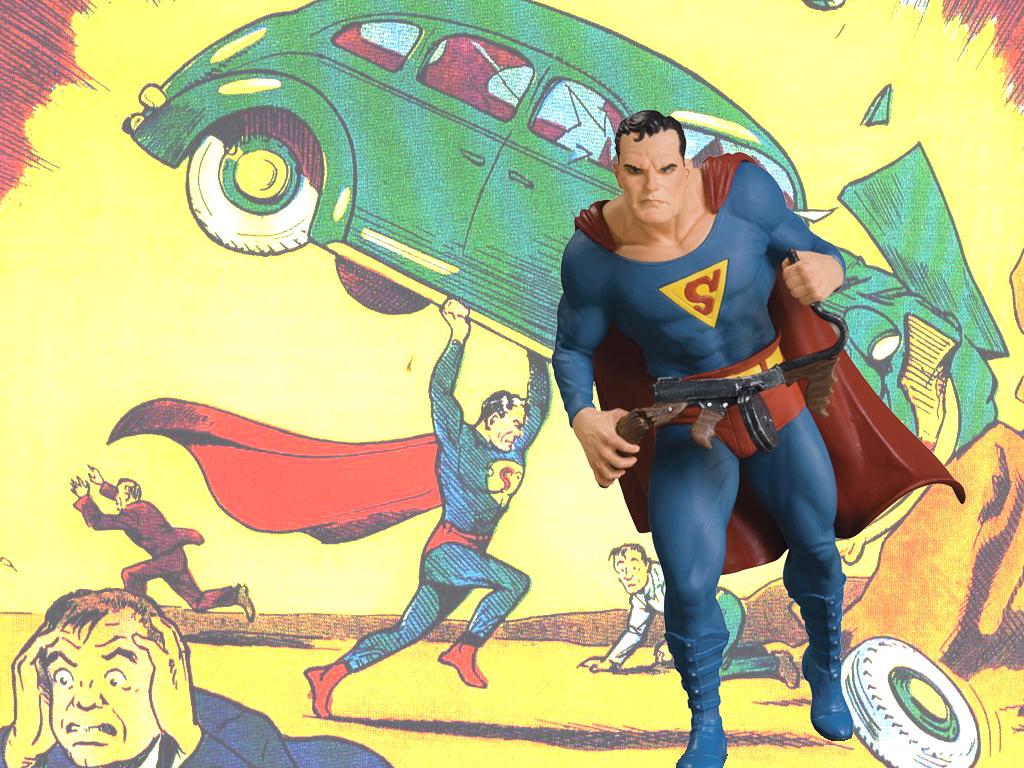
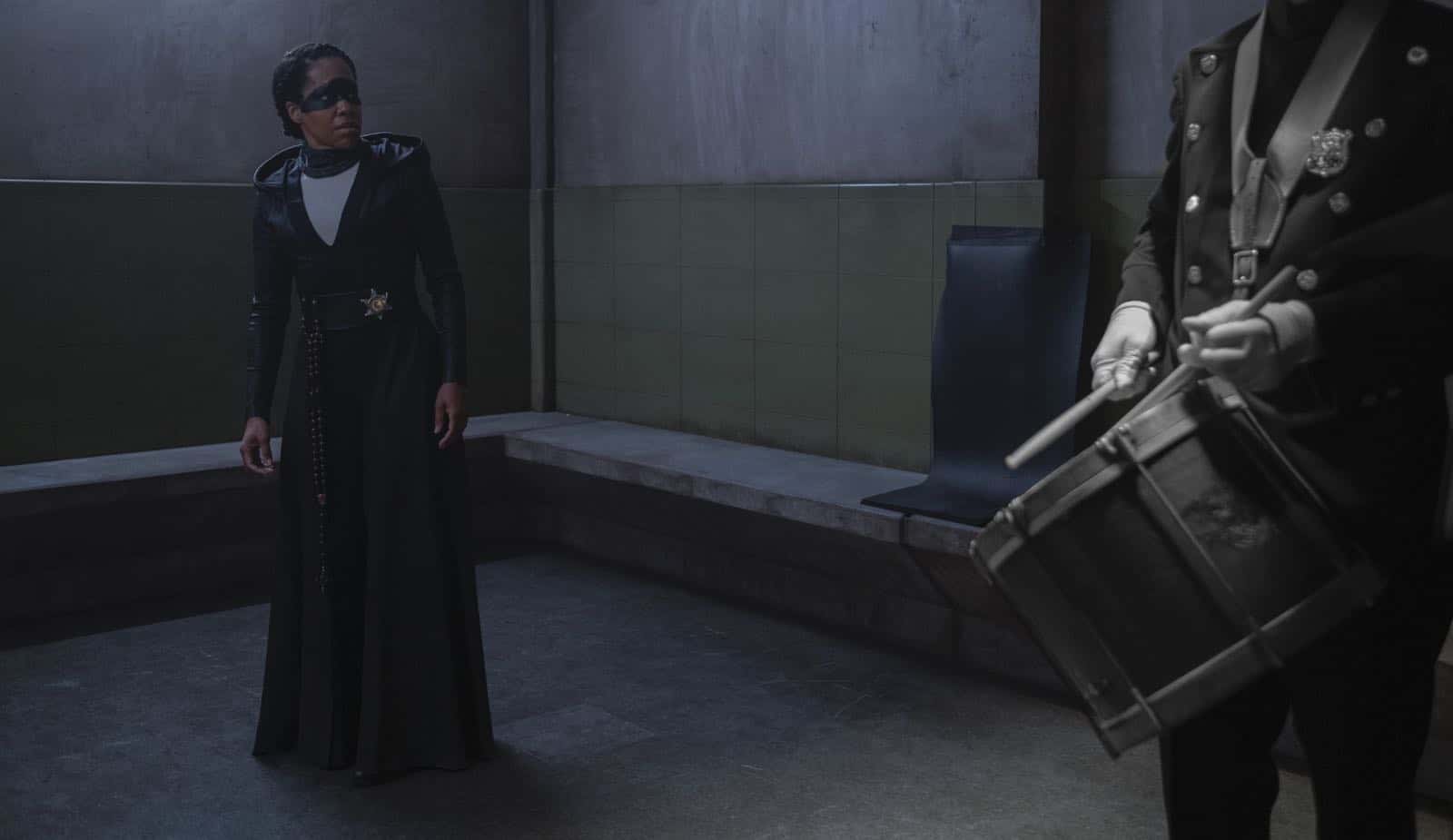
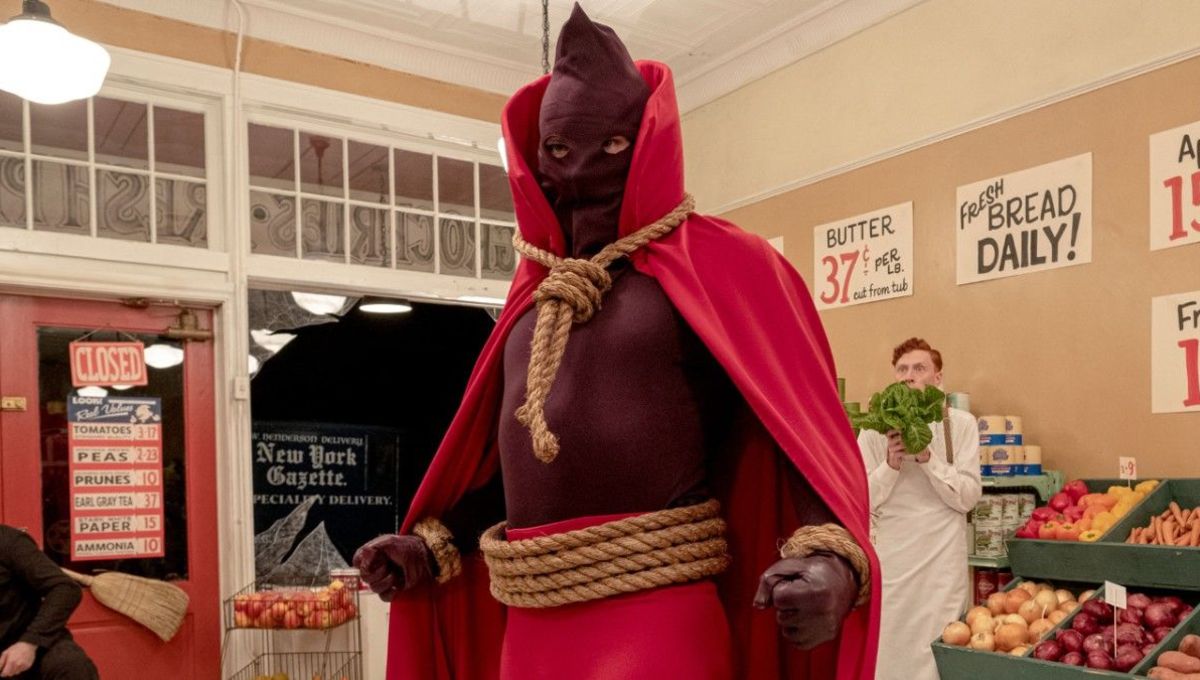
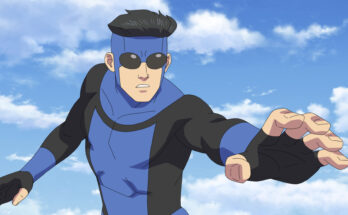
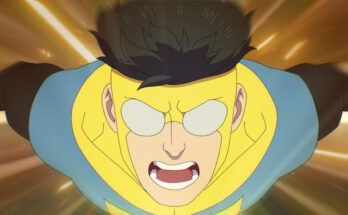
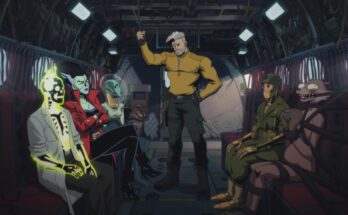
21 Comments on “DC FanDome: ‘Immortal Vigilante: Hooded Justice’ Screening Panel Coverage”